
Why We're Flying Robots at the Source of the Nile
October 12th, 2016

An expedition in 1858 revealed that Lake Victoria was the source of the Nile. We found ourselves on the shores of Africa's majestic lake this October, a month after a 5.9 magnitude earthquake struck Tanzania’s Kagera Region. Hundreds were injured and dozens killed. This was the biggest tragedy in decades for the peaceful lakeside town of Bukoba. The Ministry of Home Affairs invited WeRobotics to support the recovery and reconstruction efforts by carrying out aerial surveys of the affected areas.
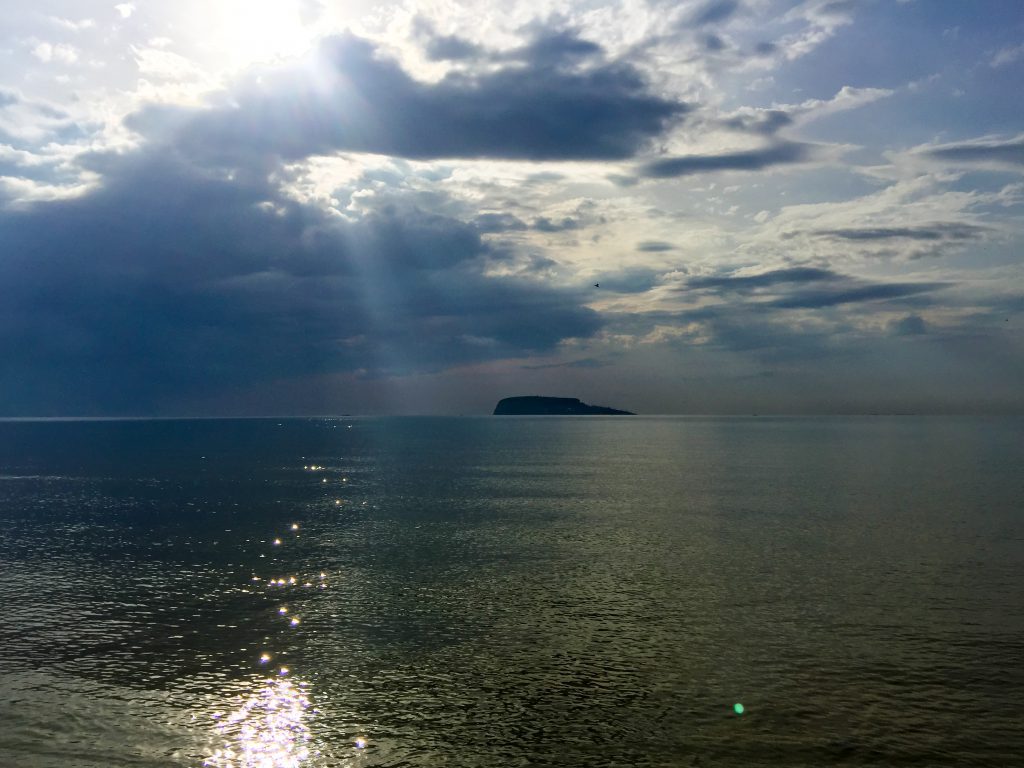
The mission of WeRobotics is to build local capacity for the safe and effective use of appropriate robotics solutions. We do this by co-creating local robotics labs that we call Flying Labs. We use these Labs to transfer the professional skills and relevant robotics solutions to outstanding local partners. Our explicit focus on capacity building explains why we took the opportunity whilst in Kagera to train two Tanzanian colleagues. Khadija and Yussuf joined us from the State University of Zanzibar (SUZA). They were both wonderful to work with and quick learners too. We look forward to working with them and other partners to co-create our Flying Labs in Tanzania. More on this in a future post.
Aerial Surveys of Kagera Region After The Earthquake
We surveyed multiple areas in the region based on the priorities of our local partners as well as reports provided by local villagers. We used the Cumulus One UAV from our technology partner DanOffice to carry out the flights. The Cumulus has a stated 2.5 hour flight time and 50 kilometer radio range. We're using software from our partner Pix4D to process the 3,000+ very high resolution images captured during our 2 days around Bukoba.
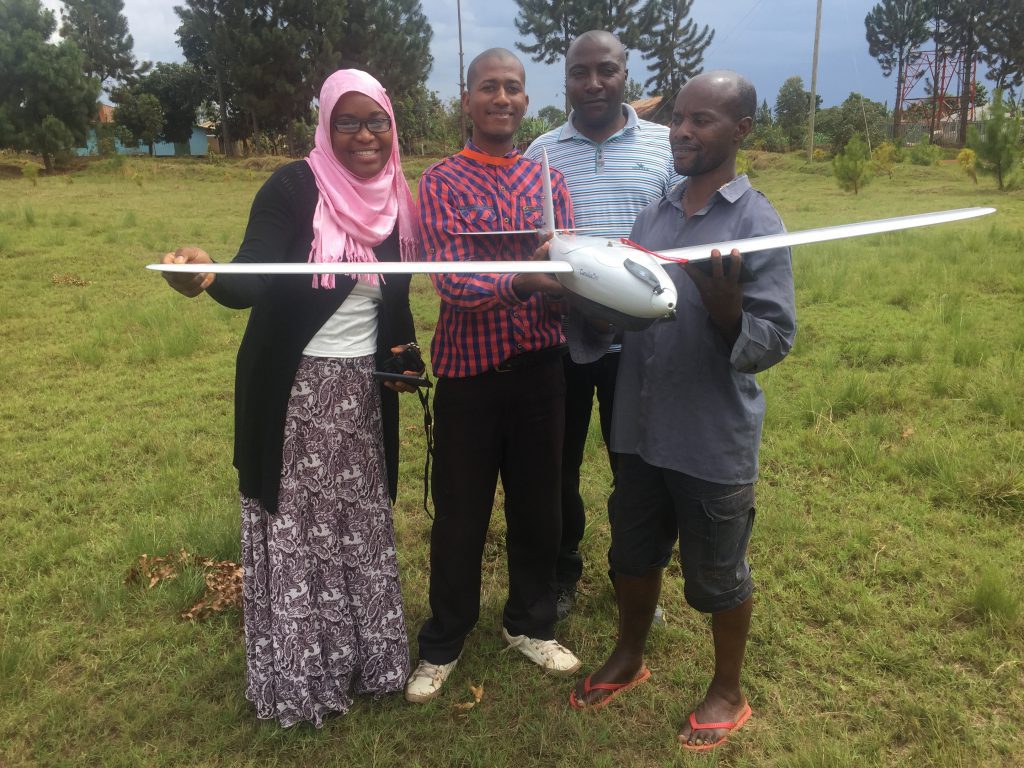
Above, Khadija and Yussuf on the left with a local engineer and a local member of the community on the right, respectfully. The video below shows how the Cumulus takes off and lands. The landing is automatic and simply involves the UAV stalling and gently gliding to the ground.
We engaged directly with local communities before our flights to explain our project and get their permissions to fly. Learn more about our Code of Conduct here.
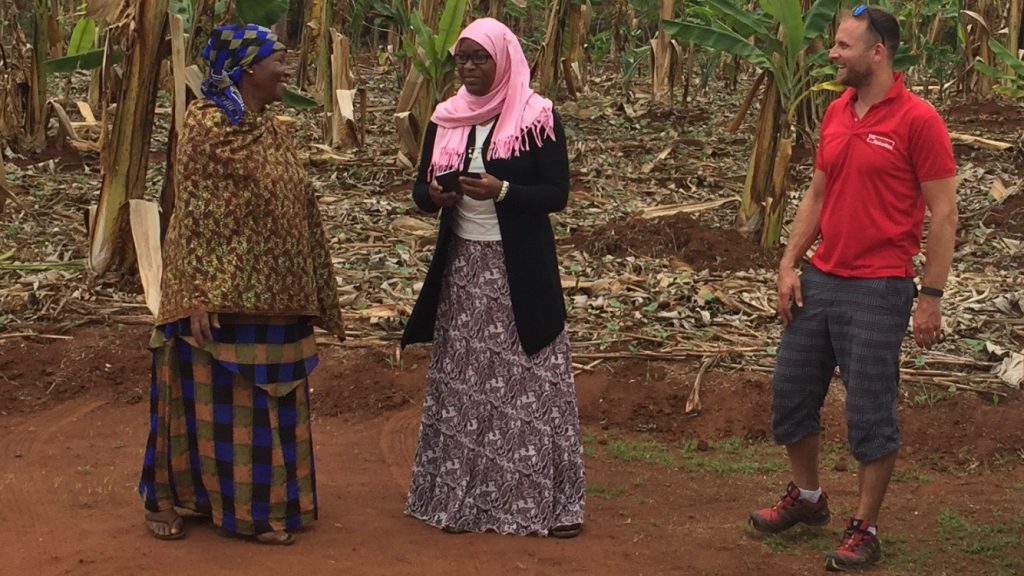
Aerial mapping with fixed-wing UAVs can identify large-scale damage over large areas and serve as a good base map for reconstruction. A lot of the damage, however, can be limited to large cracks in walls, which cannot be seen with nadir (vertical) imagery. We thus flew over some areas using a Parrot Bebop2 to capture oblique imagery and to get closer to the damage. We then took dozens of geo-tagged images from ground-level with our phones in order to ground-truth the aerial imagery.
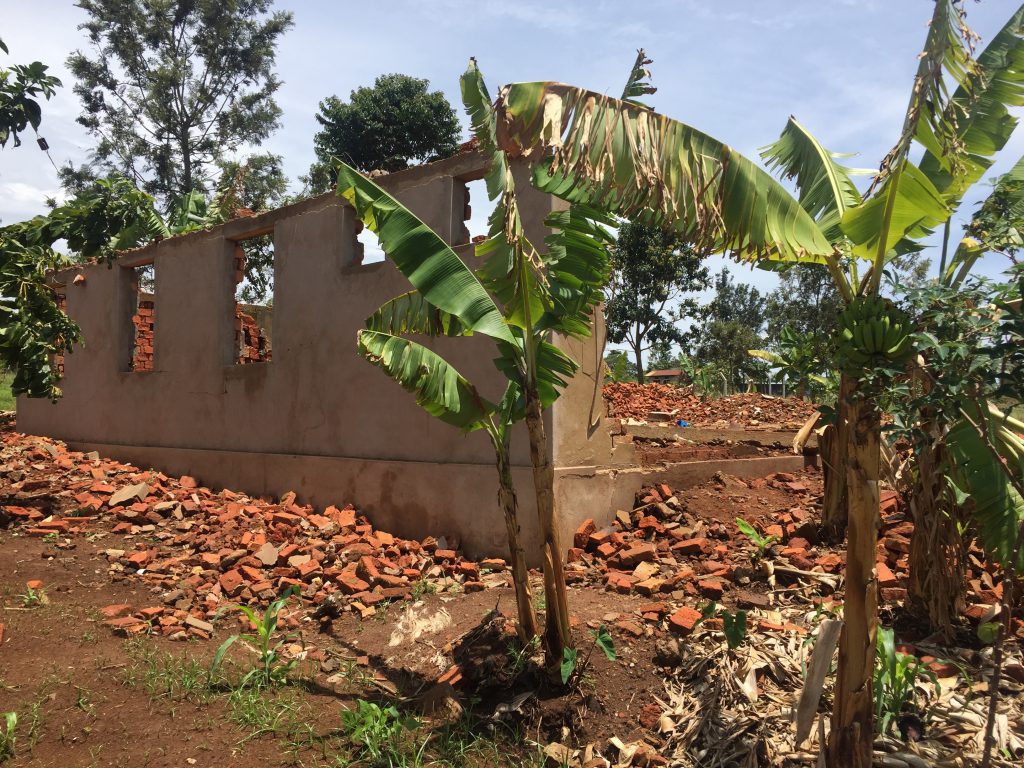
We're still processing the resulting imagery so the results below are simply the low resolution previews of one (out of three) surveys we carried out.
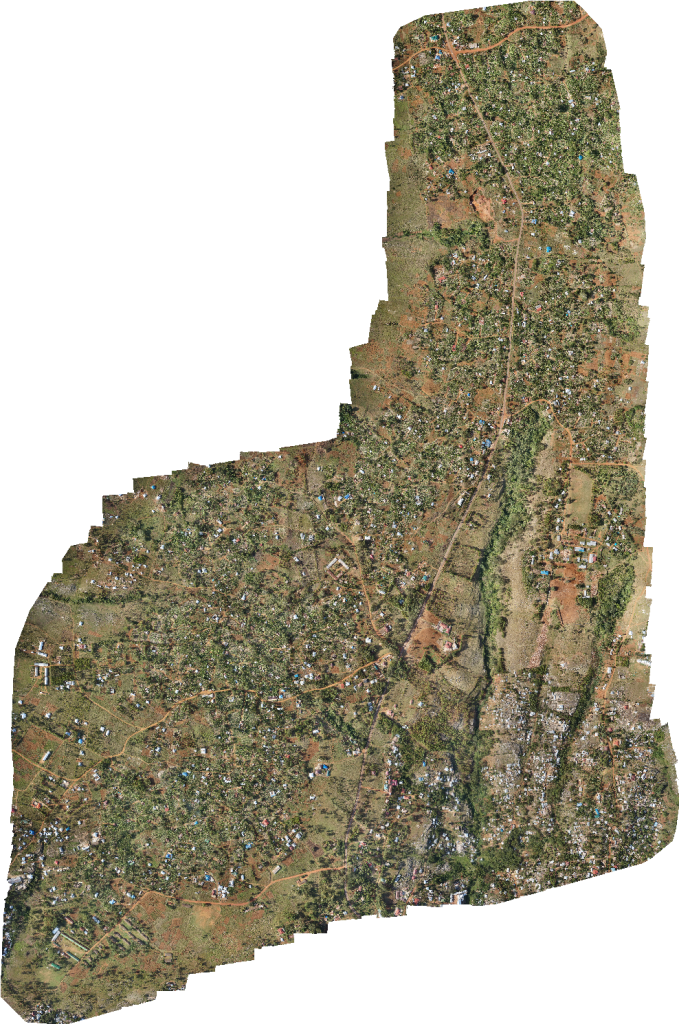
Both Khadija and Yussuf were very quick learners and a real delight to work with. We look forward to joining them in Zanzibar tomorrow to support their unique and ongoing mapping efforts spearheaded by our friends at Drone Adventures, senseFly, World Bank and SUZA. In the meantime, below are more pictures documenting our recent work in Kagera. You can follow all our trainings and projects live via our Twitter feed (@werobotics) and our Facebook page. Stay tuned for more live updates and a follow up blog post on our work with SUZA in Zanzibar. In the meantime, sincerest thanks to both Linx Global Intelligence and UR Group for making our work in Kagera possible. Linx provided the introduction to the Ministry of Home Affairs while the UR Group provided invaluable support on the logistics and permissions.
 Yussuf programming the flight plan of the Cumulus
Yussuf programming the flight plan of the Cumulus
 Khadija is setting up the Cumulus for a full day of flying around Bukoba area
Khadija is setting up the Cumulus for a full day of flying around Bukoba area
 Khadija wants to use aerial robots to map Zanzibar, which is where she's from
Khadija wants to use aerial robots to map Zanzibar, which is where she's from
 Community engagement is absolutely imperative
Community engagement is absolutely imperative
 Local community members inspecting the Parrot's Bebop2
Local community members inspecting the Parrot's Bebop2
Location(s):
Recent Articles

